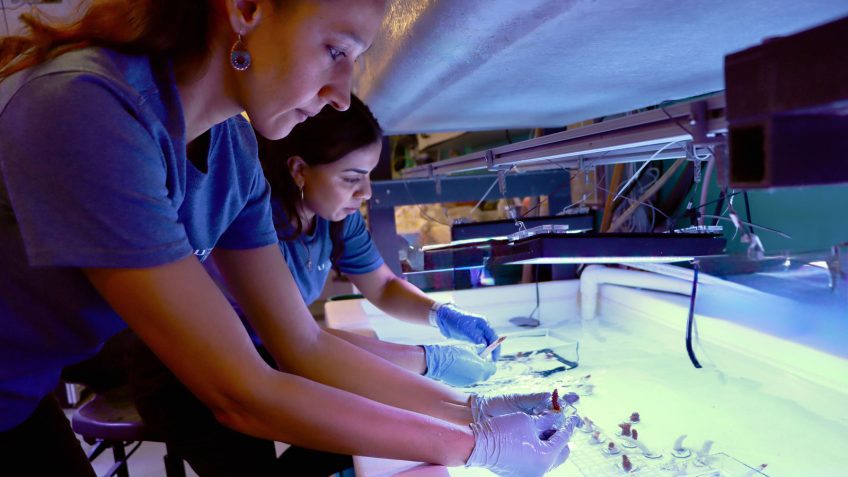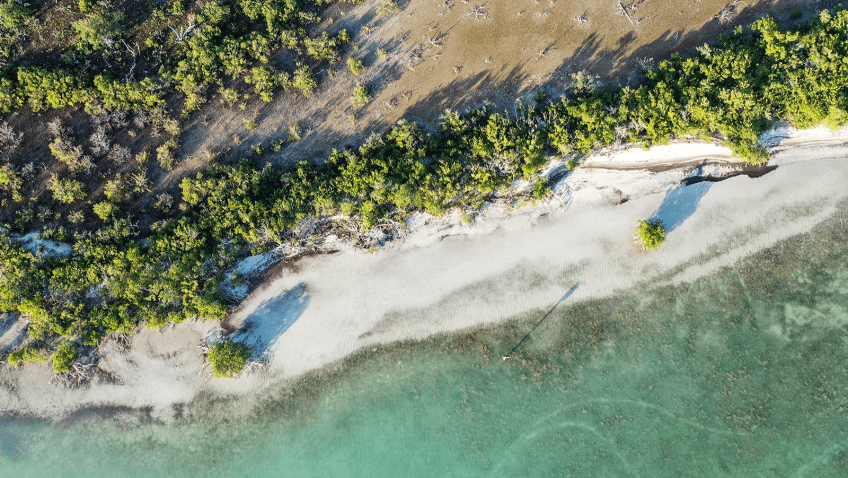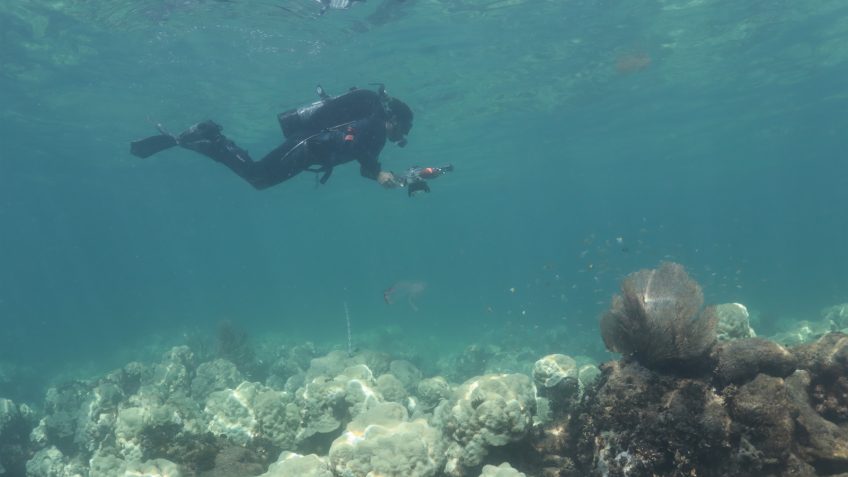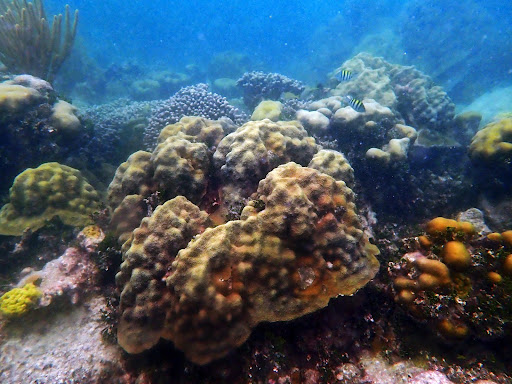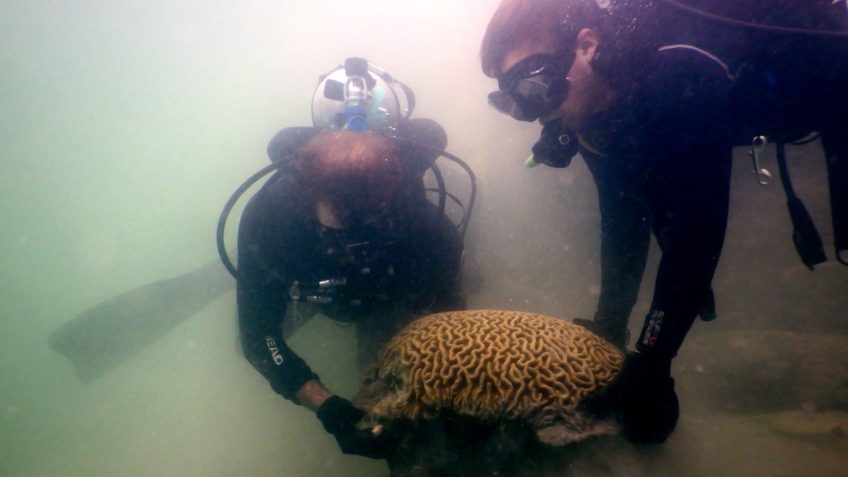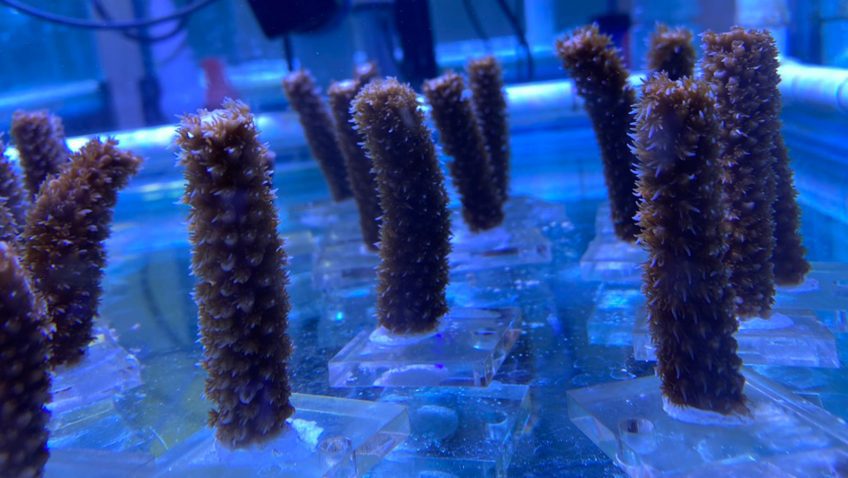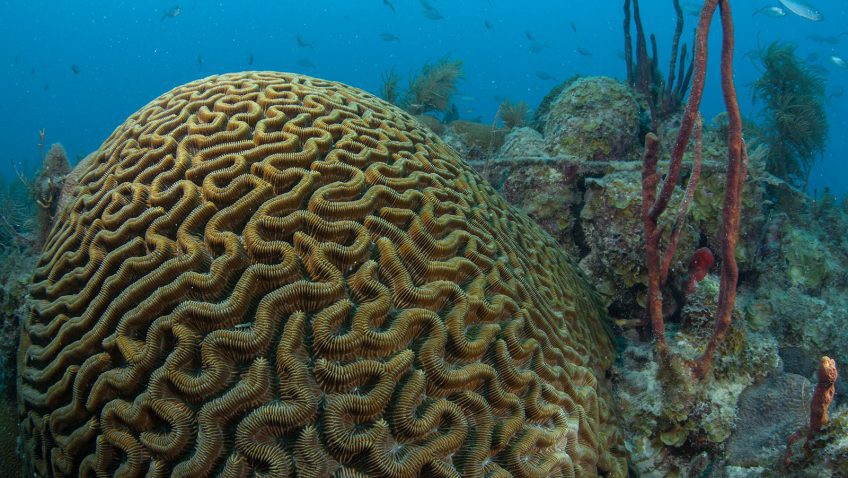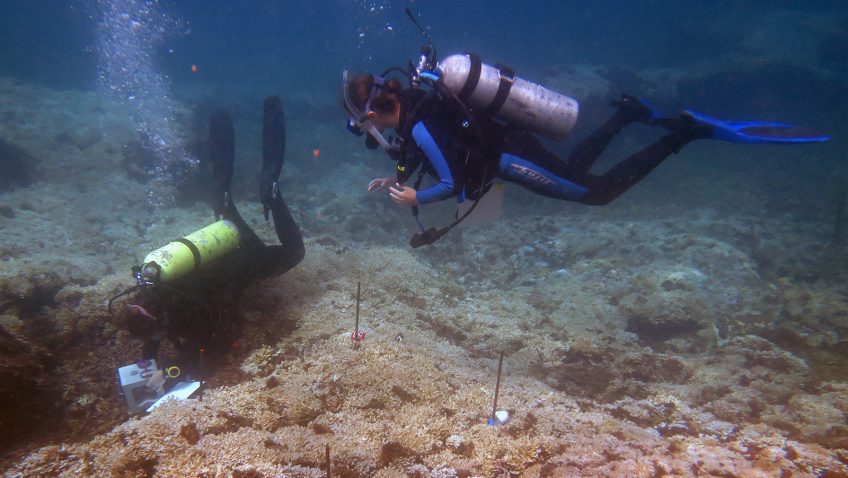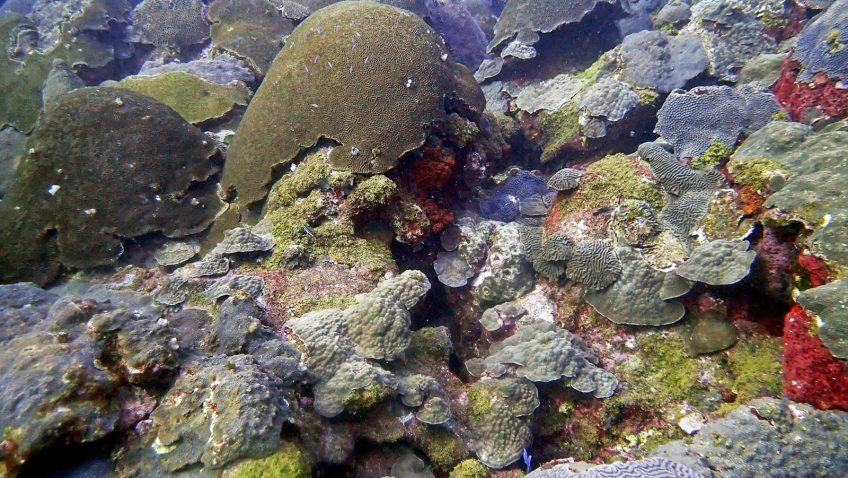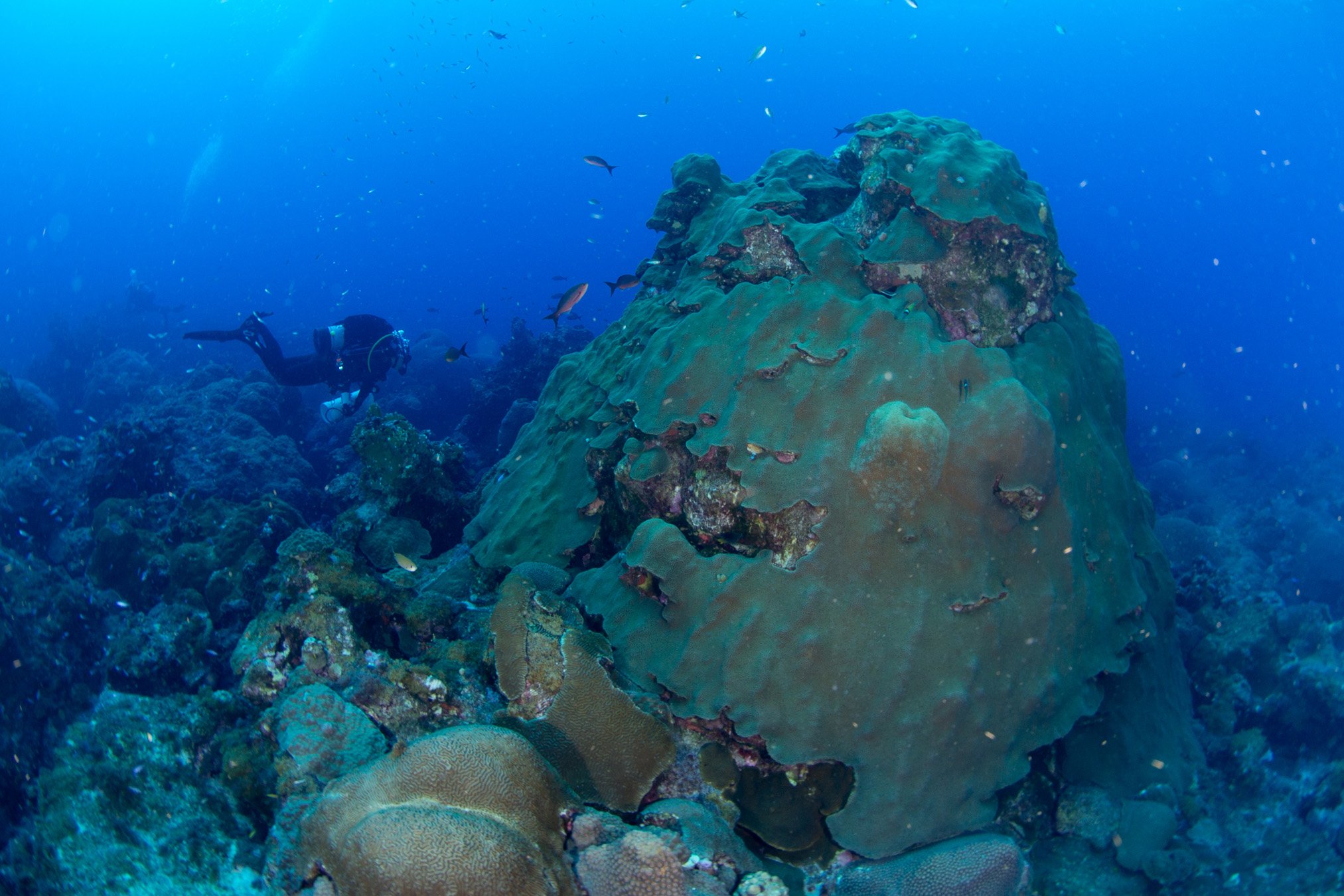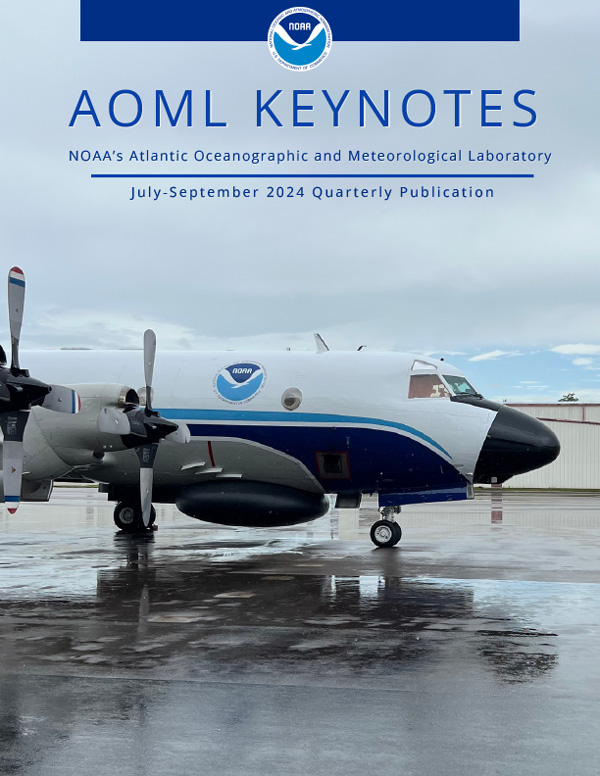New study demonstrates the impacts of multiple stressors on reef-building corals
In a new study, scientists at AOML and the University of Miami’s Cooperative Institute for Marine and Atmospheric Sciences (CIMAS) demonstrated how some genotypes of the reef-building coral Acropora cervicornis (Staghorn Coral), listed on the Endangered Species Act, proved resilient when exposed to high nutrient levels or disease, but not when the two stressors were […]
